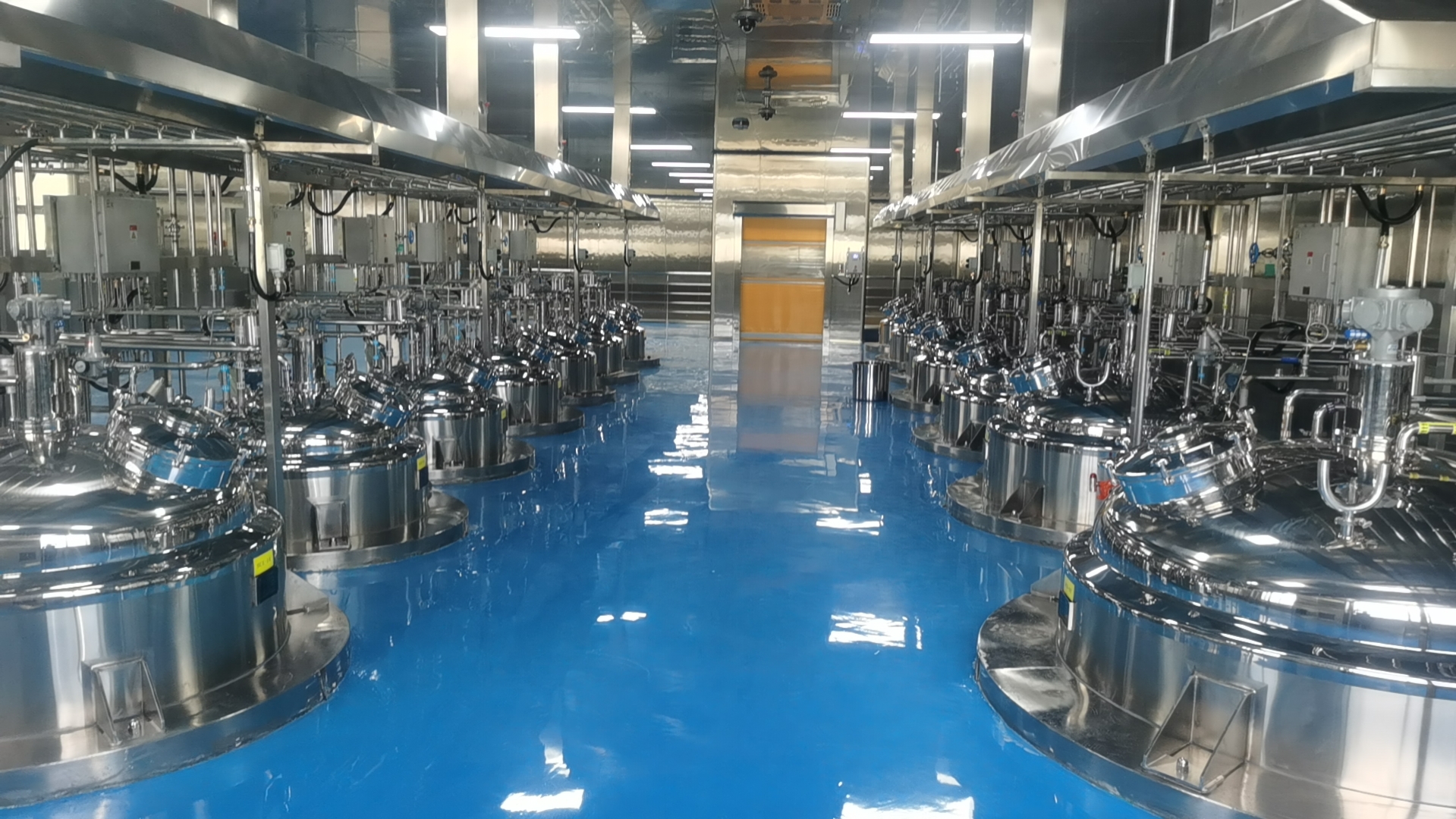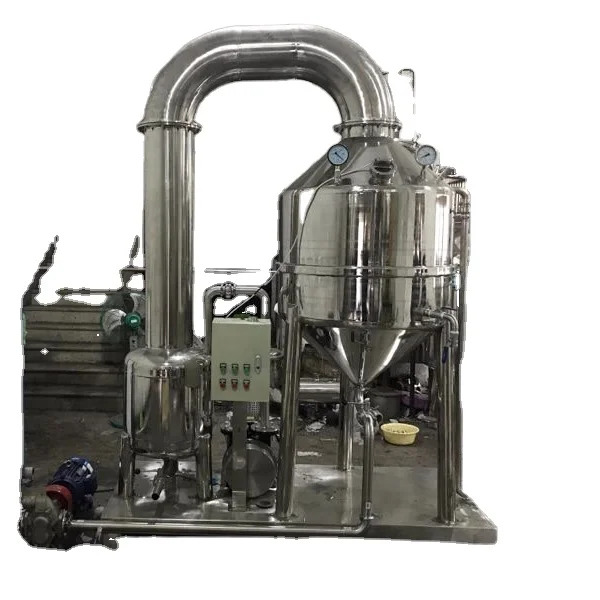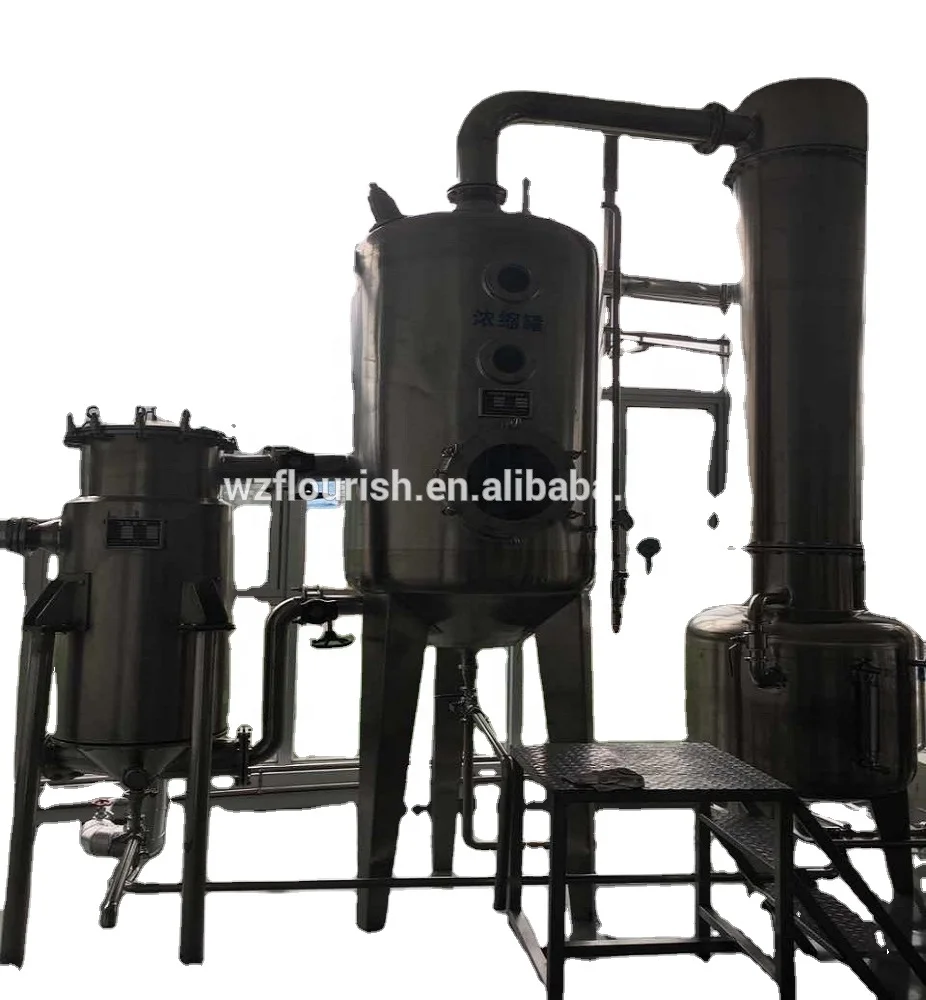
ABOUT
Wenzhou Vince Machinery Science Co., Ltd. was established in early 1980s. Our company covers an area of 6500 square meters and is an independent legal representative firm, possessing rich economic technology strength. Our company is a high tech enterprise and plays an important role in national dairy, foodstuff, pharmacy and machinery industries. We are a beverage machinery supplier.
Since the establishment, our company has mainly engaged in dairy products, foodstuff, beverage machinery, bean products, yellow wine, medicines and fermentation projects. What's more, our company supplies a complete sequence services in manufacturing, installation, test and personnel train, as well as the whole direction service design and consulting service on product project construction or enlargement artistic distribution engineering sets budget.
Reliable Juice Production Line Equipment Upgrades
Enhanced Automation and Control Systems
Modernizing your juice production line with automated systems significantly streamlines operations. This includes incorporating PLC (Programmable Logic Controller) based systems for precise control over various stages, from fruit washing and processing to filling and packaging. Automated systems minimize manual intervention, reducing the risk of human error and improving consistency in the final product. Furthermore, real-time monitoring capabilities allow for quick identification and resolution of potential issues, minimizing downtime and maximizing productivity.
Advanced sensors and data analytics provide valuable insights into the production process. This data can be used to optimize parameters like temperature, pressure, and flow rates, leading to improved yields and reduced waste. These advanced control systems also provide better traceability, crucial for meeting stringent food safety regulations and enhancing brand reputation.
Improved Hygiene and Sanitation
Maintaining impeccable hygiene throughout the juice production process is paramount. Upgrades focusing on sanitation involve the implementation of closed-system processing, minimizing exposure to contaminants. This can involve the use of CIP (Clean-In-Place) systems, which automate the cleaning and sanitization of equipment, reducing labor costs and ensuring thorough cleaning. Investing in materials that are easy to clean and resistant to bacterial growth, such as stainless steel, is also crucial.
Regular equipment upgrades ensure compliance with the latest food safety regulations and standards. Improved sanitation translates to a longer shelf life for the finished product, reducing spoilage and increasing profitability. It also enhances the consumer’s confidence in the product's safety and quality, reinforcing brand loyalty.
Increased Efficiency and Capacity
Upgrading to higher-capacity equipment allows for increased production output without necessarily increasing floor space. This might involve replacing older, less efficient juicers, pulpers, or fillers with newer models that boast higher throughput rates and advanced features. Streamlining the production line through process optimization and automation also minimizes bottlenecks and maximizes efficiency.
These improvements directly impact profitability by reducing production costs per unit and enabling the business to meet growing demand. Higher efficiency translates to faster turnaround times, quicker product delivery, and the ability to tap into new market opportunities.
Energy Efficiency Upgrades
Modern juice production equipment often incorporates energy-efficient technologies, leading to significant cost savings in the long run. This can include improvements to motor efficiency, optimized heating and cooling systems, and the use of energy-saving control systems. Reducing energy consumption is not only financially beneficial but also contributes to environmental sustainability, a growing concern for environmentally conscious consumers.
Investing in energy-efficient upgrades demonstrates a commitment to corporate social responsibility and can be a strong marketing point, attracting environmentally aware customers and enhancing the brand's image.
SUBSCRIBE
INQUIRY





